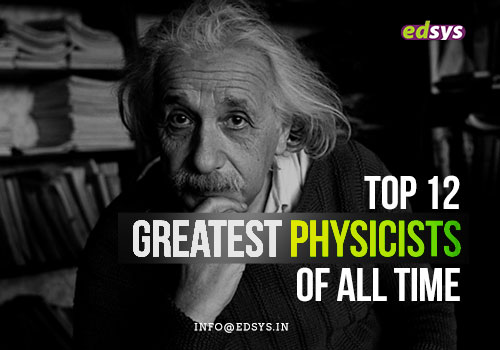We are all familiar with the term “Physics”, aren’t we? During our school days, we have learned famous theories set by famous physicists. So, what is actually physics?
Simply it is the study of the physical world around us. But in detail, it is beyond that. It lies all around us.
It is even present in apparently empty space around us.
Access Here More Than 1000+ FREE Educational Apps
Let’s have a read up on the greatest physicists whose ideas, theories and discoveries revolutionized the way we see the world.
1. Archimedes
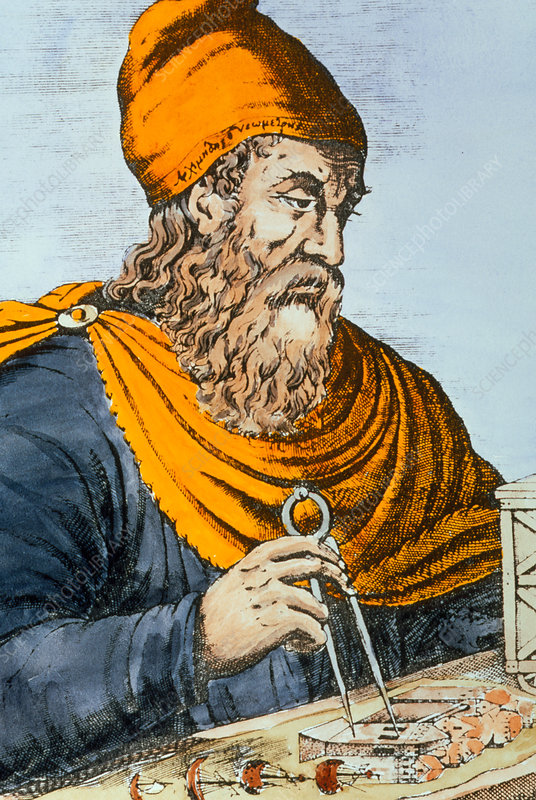
- Born: 287 BC, Syracuse, Italy
- Died: 212 BC, Syracuse, Italy
- Famous for: Discovering the law of hydrostatics (Archimedes principle)
Archimedes, the famous Greek physicist was born in the seaport city of Syracuse, Sicily around 287 BC. Phidias, his father was an astronomer.
He was an eminent scientist of ancient times who pushed physics, engineering and mathematics to new peaks. He is considered as one of the dominant scientists from the time immemorial.
He was both a man of his time and also a man ahead of his time. He discovered the most important concept in physics-
Centre of gravity.
He created the physical sciences of hydrostatics and mechanics. He took an initiative to discover the laws of levers and pulleys.
To the physical world, he applied advanced mathematics. His works inspired Galileo Galilee and Isaac Newton to carry out a systematic inquiry to discover and examine the facts of laws of motion.
2. Galileo Galilei
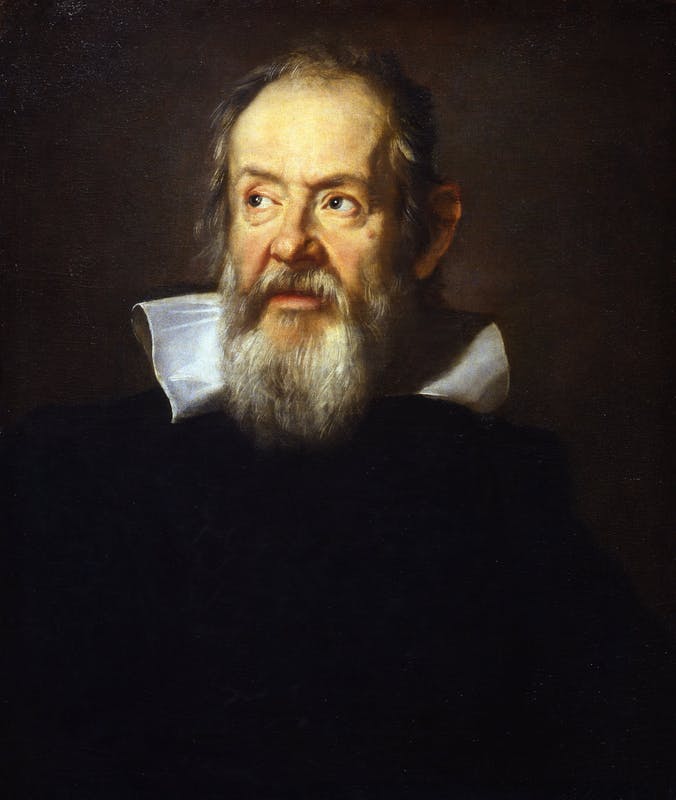
- Born: 15 February 1564, Pisa, Italy
- Died: 8 January 1642, Arcetri, Italy
- Famous for: Discovery of Ganymede, Europa, Callisto, Io, Rings of Saturn
An Italian astronomer, philosopher and greatest physicist, Galileo Galilei took a dominant role in the Scientific Revolution. He was the first person to study the sky with a telescope.
He made many notable discoveries in the field of astronomy. In the 1630s, he studied and revealed the fact that that all freely falling bodies possess an identical constant acceleration.
His findings motivated him to support the Copernican view, the fact that earth revolves around the sun. Nevertheless, his views were regarded iconoclastic, and he was forced to be placed under house arrest.
His prominent scientific work included Two New Sciences, which deals with kinetics and the strength of materials.
3. Sir Isaac Newton
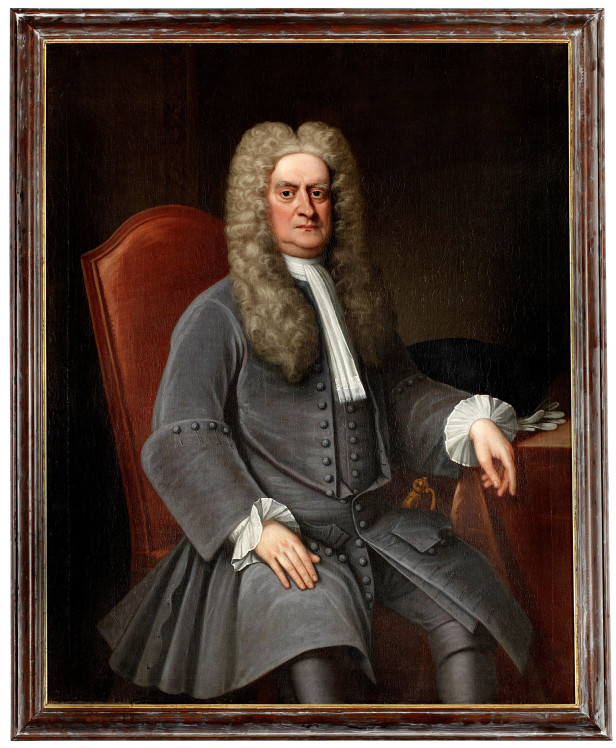
- Born: 4 January 1643, Woolsthrope- by- Colsterworth, Lincolnshire, England
- Died: 31 March 1727, England
- Famous for: Three laws of motion
Isaac Newton was a great mathematician and physicist. He was one of the notable scientific scholars of all time. During the 17th century, he was a pioneer in the scientific revolution.
He acknowledged the three Laws of Motion and also the Law of Universal Gravitation in 1687.
He paved the way for modern physical optics.
In optics; he discovered the composition of white light. He also fused the phenomena of colors into the science of light.
In mathematics, he discovered the infinitesimal calculus.
In mechanics, his compilation of three laws of motion forms the basic principles of modern physics, which resulted in the establishment of the law of universal gravitation.
Newton’s Philosophiae Naturalis Principia Mathematica in 1687 was an aspiring unique work in the realm of modern science.
4. Michael Faraday
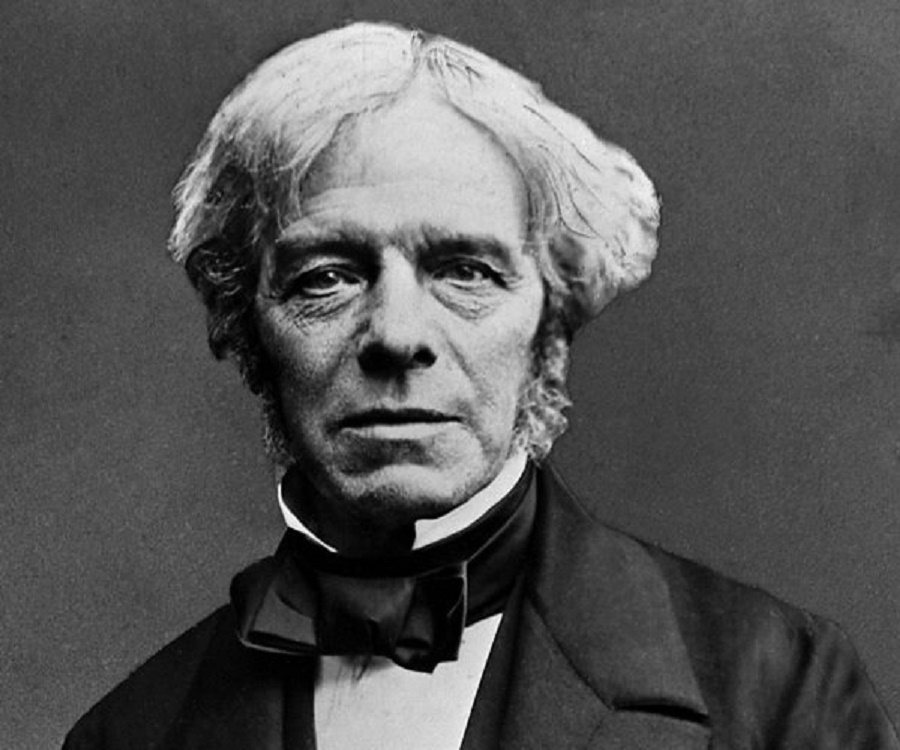
- Born: 22 September 1791, London, United Kingdom
- Died: 25 August 1867, Molesey, United Kingdom
- Famous for: Faraday’s law of induction, Electrochemistry
Michael Faraday is notably the prominent experimental physicist ever. He is acknowledged for his work in electricity and magnetism. His important discoveries include the principles underlying electromagnetic induction, diamagnetism and electrolysis.
He was the establisher to liquefy gases, and he discovered the foremost chemical compound benzene.
He discovered electromagnetic rotation – the precursor of the electric motor – and he discovered that diamagnetism is a property of every material.
Faraday’s s laws of electrolysis figured the electrochemistry, which he played a large part in founding.
He also invented the Faraday Cage, which resists lightning that prevents damaging anything inside it and also prevents the external interferences affecting the sensitive electronic and electric equipment.
5. James Clerk Maxwell
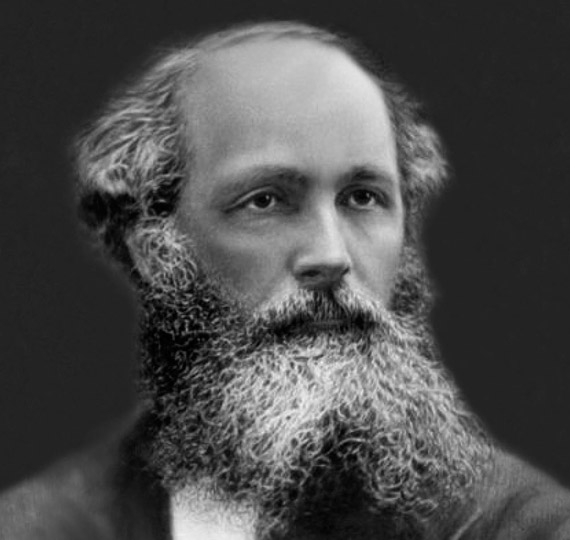
- Born: 13 June 1831, Edinburgh, United Kingdom
- Died: 5 November 1879, Cambridge, United Kingdom
- Famous for: Formulation of electromagnetic theory.
James Clerk Maxwell, a Scottish scientist was well known for mathematical physics. His work proclaims a new era in physics. He took the initiative to unify the electric and magnetic forces, establishing that they are basically the same force.
His studies came to the conclusion that when electric charges get stimulated they release waves of electromagnetism which travel at the speed of light, signifying that light itself is an electromagnetic phenomenon – in explaining so, he very well integrated optics, magnetism, and electricity.
His research in kinetics and electricity marked the beginning for modern Quantum mechanics and also special relativity.
He developed the concept of the color photographs for the first time. With his wide physical and mathematical intuition, he explained the action of Saturn’s rings over 100 years before the Voyager spacecraft establish the truth that he was absolutely right.
6. Albert Einstein

- Born: 14 March 1879, Germany
- Died: 18 April 1955, Princeton Medical Center, New Jersey, United States
- Famous for: Law of the photoelectric effect, General Theory of Relativity
Albert Einstein was a German theoretical physicist, acknowledged for his General Theory of Relativity and the idea of mass-energy equivalence demonstrated by the well-known equation, E = mc2.
He was awarded Nobel Prize in Physics in the year 1921. He was awarded for his photoelectric effect and for his services to theoretical physics. He made some known contributions to the early development of quantum theory.
Also Read: 10 Nobel Prize Winners From India You Should Know
7. Ernest Rutherford
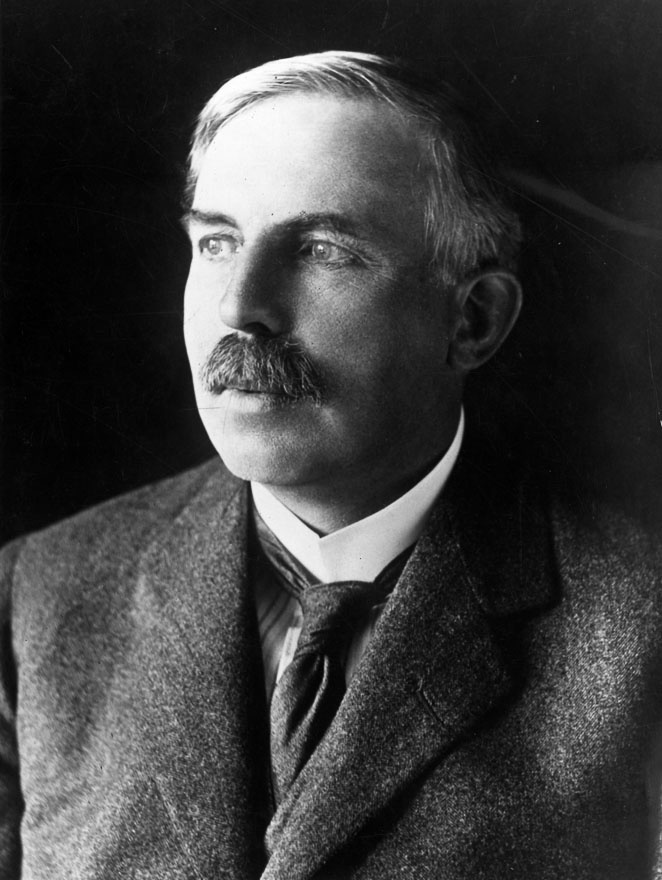
- Born: 30 August 1871, Brightwater, New Zealand
- Died: 19 October 1937, Cambridge, United Kingdom
- Famous for: Discoveries of Rutherford model, Proton, Atomic nucleus etc
Ernest Rutherford was born in New Zealand. He was a British physicist considered the greatest experimentalist since Michael Faraday
He is the father of nuclear physics.
He made the discovery of atomic nucleus, the proton, alpha and beta particles and he was the one to predict the existence of neutron. He also named these particles accordingly.
He made the first nuclear reaction in 1919. He made the nuclear transmutation of changing nitrogen gas to oxygen gas.
8. Niels Bohr
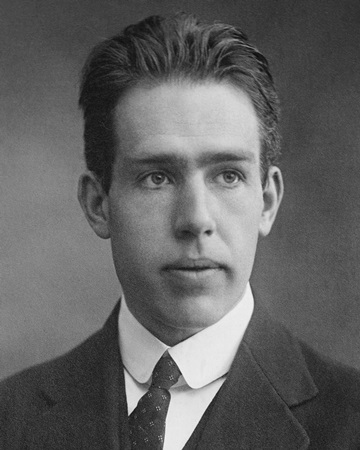
- Born: 7 October 1885, Copenhagen, Denmark
- Died: 18 November 1962, Carlsberg, Copenhagen, Denmark
- Famous for: Bohr model of the atom
Niels Bohr is generally regarded as one of the foremost and greatest physicists of the 20th century.
He completely transformed our view of the atom.
In general, he developed the Bohr model of the atom and later he developed the “liquid drop” model.
He also played a key role in the birth of quantum mechanics.
9. Max Planck
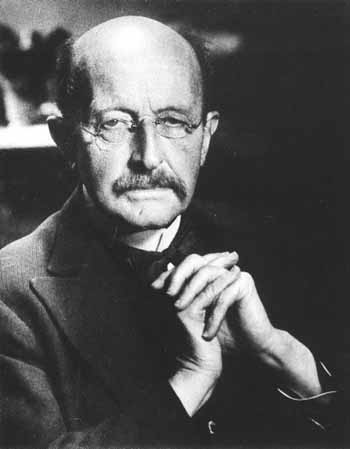
- Born: 23 April 1858, Kiel, Germany
- Died: 4 October 1947, Göttingen, Germany
- Famous for: Quantum Theory of atoms
The greatest physicist of the time, Max Plank is credited with the birth of quantum theory, which won him the Nobel Prize for Physics in 1918.
He was a deeply thoughtful and ethical man and possessed high intelligence, showing brilliance in mathematics, science, and music.
10. Richard Feynman
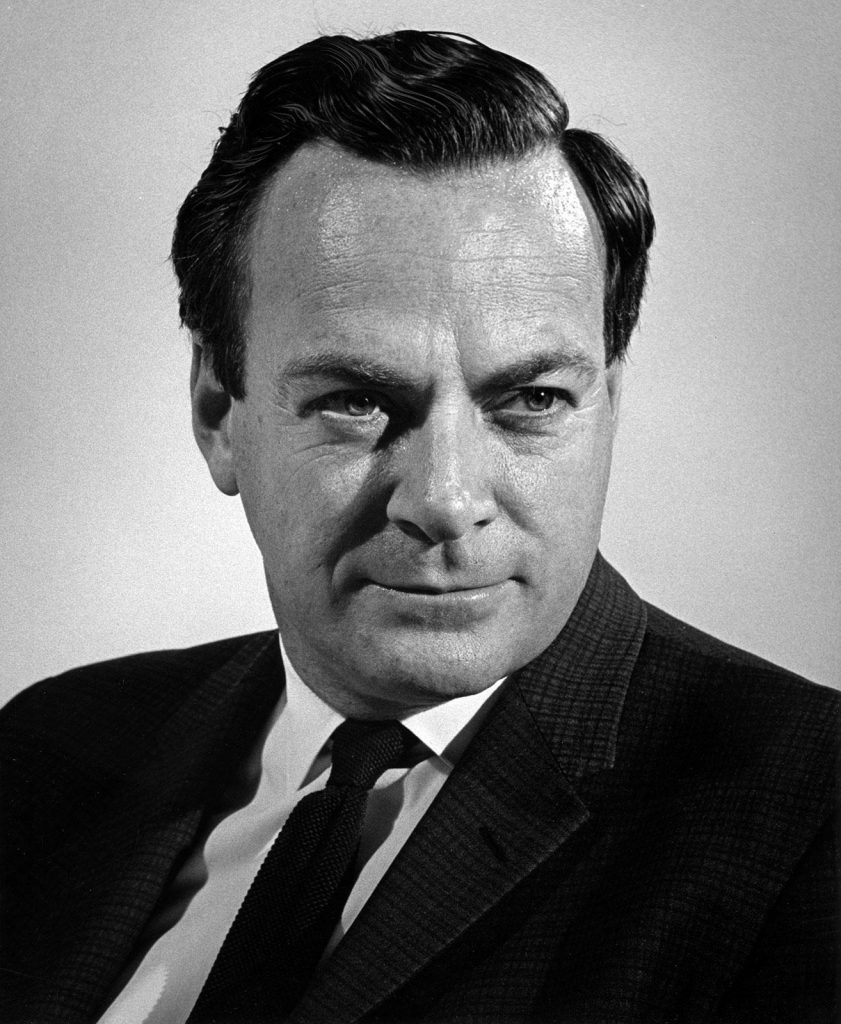
- Born: 11 May 1918, Queens, New York, United States
- Died: 15 February 1988, Los Angeles, California, United States
Richard Feynman was an American physicist who won Nobel Prize, particularly for his known contributions to quantum physics, electrodynamics, quantum and particle physics, as well as quantum computing and nanotechnology.
His theories blend special relativity and quantum mechanics to search for a better understanding of the Universe.
Famous for: Quantum physics
11. J. J. Thomson
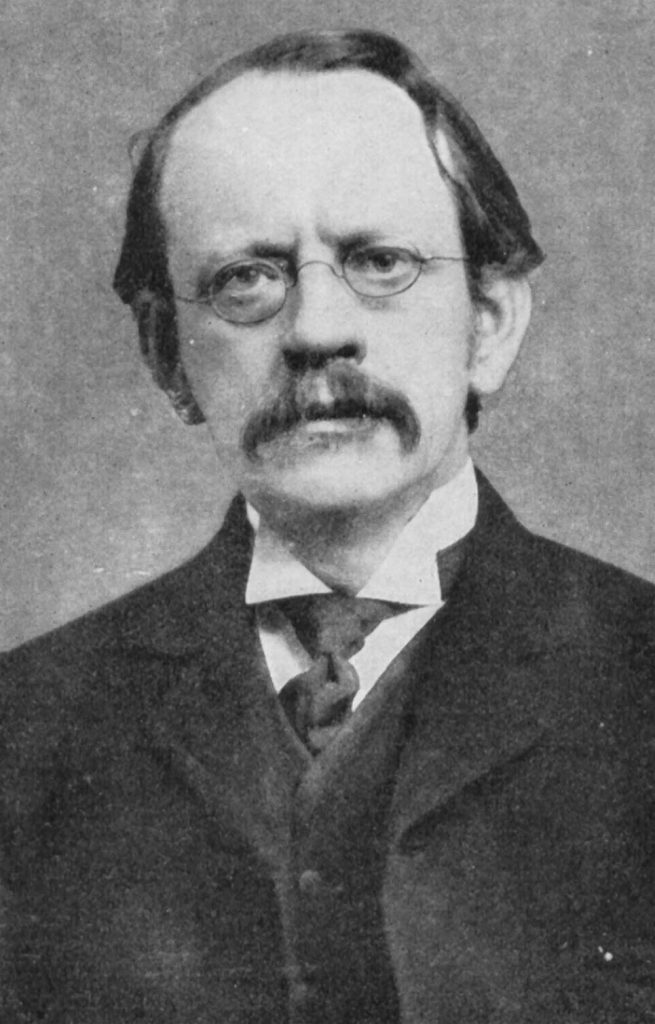
- Born: 18 December 1856, Cheetham Hill, Manchester, United Kingdom
- Died: 30 August 1940, Cambridge, United Kingdom
- Famous for: Discovery of electron, conduction of electricity in gases.
Thomson was a great physicist to won the Nobel Prize for Physics in 1906. His research in cathode rays resulted in the discovery of the electron.
He further conducted innovations in atomic structure.
He received Nobel Prize for his work on the conduction of electricity in gases.
12. Marie Curie
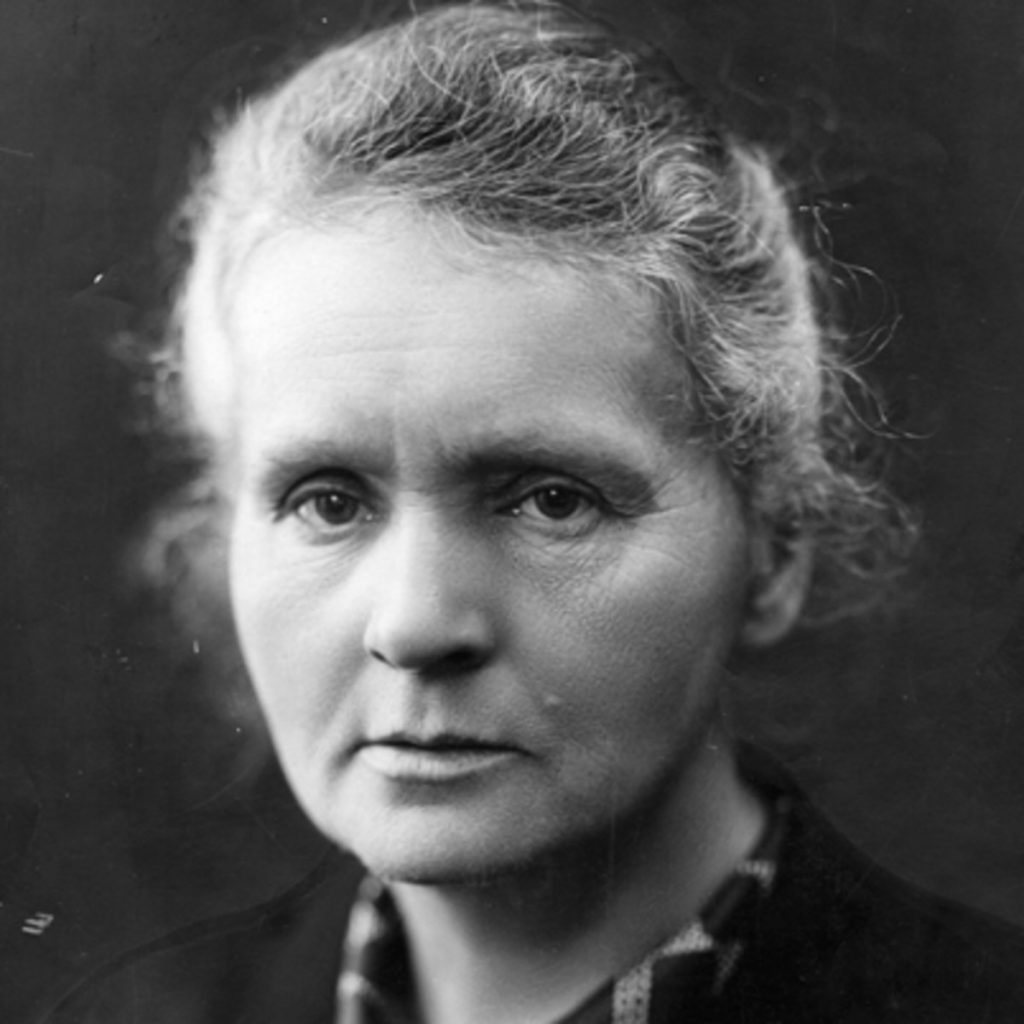
- Born: 7 November 1867, Warsaw, Poland
- Died: 4 July 1934, Sancellemoz
- Famous for: Discovery of Radium, Polonium
Marie Curie was the greatest physicist as well as a chemist. She was the first one to receive Nobel Prize in both physics and chemistry.
Access Here More Than 1000+ FREE Educational Apps
Her research led to the discovery of radium and polonium, two new elements.
She founded the famous medical research centers- Curie Institutes and she was the first one to carry out the treatment of tumors using radiation.
